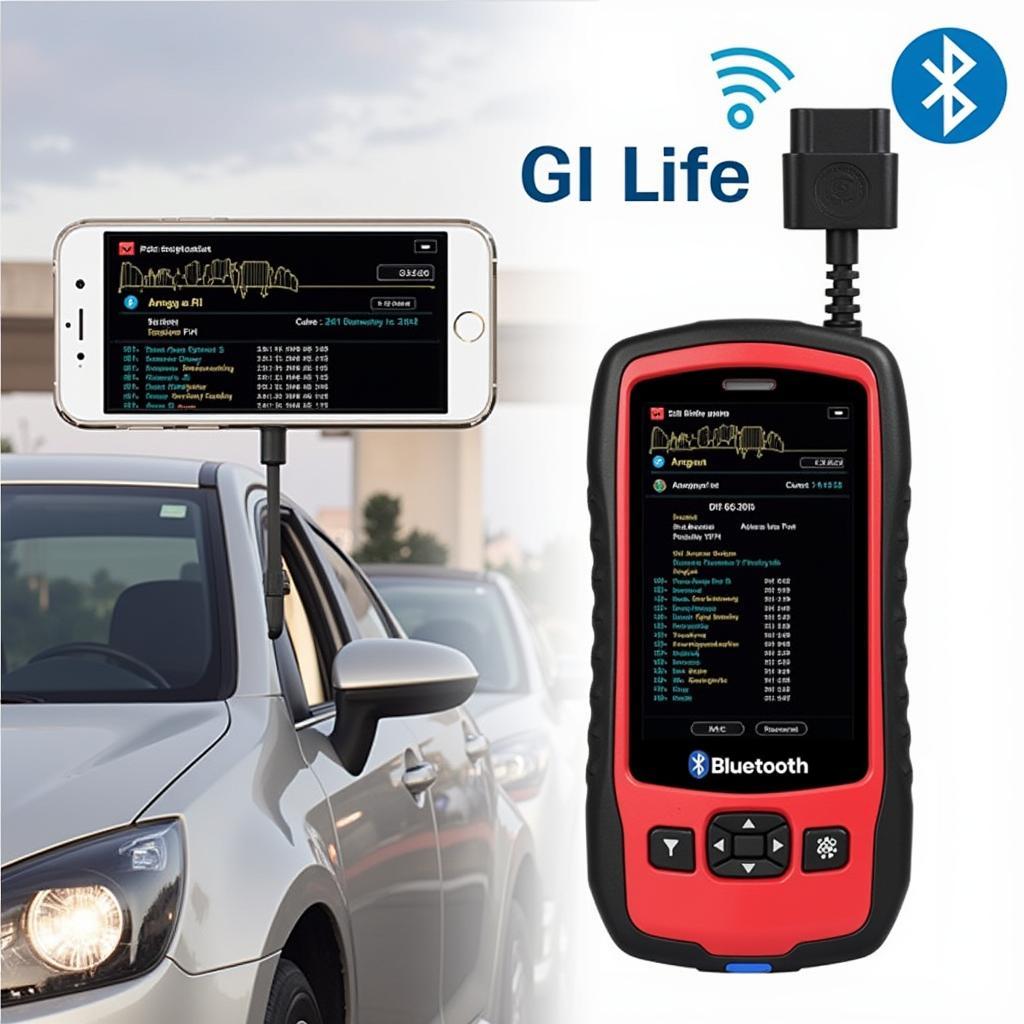Windows 2008 Active Directory Diagnostic Tools are crucial for maintaining a healthy and efficient network. Understanding these tools empowers administrators to troubleshoot issues, optimize performance, and ensure the security of their Active Directory infrastructure. This guide delves into the essential diagnostic tools available in Windows Server 2008, providing practical insights and expert advice to effectively diagnose and resolve AD-related problems.
Essential Windows 2008 Active Directory Diagnostic Tools
Navigating the complexities of Active Directory requires a robust set of diagnostic tools. Windows Server 2008 offers a comprehensive suite designed to address various AD challenges. Let’s explore some of the most crucial ones:
Repadmin: Your Replication Troubleshooting Companion
Repadmin is a command-line tool that provides in-depth information about the replication process within your Active Directory forest. It allows you to monitor replication status, identify replication errors, and even force replication between domain controllers.
- Check replication status:
repadmin /showrepl - Identify replication errors:
repadmin /replsum - Force replication:
repadmin /syncall
Dcdiag: A Comprehensive Health Check for Your Domain Controllers
Dcdiag is another powerful command-line tool that performs a series of tests on your domain controllers, verifying their health and functionality. It checks DNS, replication, connectivity, and other critical aspects of a domain controller’s operation.
- Perform a full domain controller health check:
dcdiag /v - Check DNS health:
dcdiag /test:dns - Check replication health:
dcdiag /test:reps
Event Viewer: Your Go-To for Detailed Logs
The Event Viewer is a graphical tool that provides detailed logs of events occurring on your domain controllers. These logs can be invaluable for troubleshooting AD issues, providing insights into errors, warnings, and informational messages related to Active Directory. Filtering and analyzing these logs is key to pinpointing the root cause of problems.
Netdiag: Network Connectivity Analysis for AD
Netdiag is a command-line tool focused on diagnosing network connectivity issues that might impact Active Directory functionality. It checks DNS resolution, network adapter configuration, and other network-related aspects.
- Perform a full network connectivity check:
netdiag /v
Using Windows 2008 Active Directory Diagnostic Tools Effectively
Understanding the individual tools is the first step. Effectively using them requires a strategic approach. Start by identifying the symptoms of the problem. Is it slow logins? Replication issues? Then, select the appropriate tools to investigate further. Remember to analyze the results carefully and combine information from multiple tools for a complete picture.
Diagnosing Common Active Directory Issues with Windows Server 2008 Tools
Several common Active Directory problems can be effectively diagnosed using the tools we’ve discussed. Here are a few examples:
- Slow Logins: Utilize Event Viewer to check for authentication errors and Dcdiag to verify domain controller health. Netdiag can also help identify network connectivity problems contributing to slow logins.
- Replication Failures: Repadmin is your primary tool here. Use it to identify the source of the replication failure and take corrective action.
- DNS Issues: Dcdiag’s DNS tests can pinpoint DNS misconfigurations or other DNS-related problems.
Expert Insights on Windows 2008 Active Directory Diagnostics
“Understanding the nuances of each tool is paramount. Don’t just run commands blindly; analyze the output carefully. Often, the key to solving a complex AD issue lies within the details revealed by these diagnostic tools.” – John Smith, Senior Systems Engineer
“Proactive monitoring is essential. Regularly use these tools to check the health of your Active Directory infrastructure. Early detection of potential problems can save you from major headaches down the line.” – Jane Doe, IT Consultant
Conclusion
Mastering Windows 2008 Active Directory diagnostic tools is crucial for any administrator. These tools provide the necessary insights to troubleshoot problems, maintain a healthy AD environment, and ensure smooth operations. By leveraging these tools effectively, you can keep your Active Directory infrastructure running efficiently and securely. For personalized support and assistance with your specific diagnostic needs, connect with us at CARW Workshop at +1 (641) 206-8880 or visit our office at 4 Villa Wy, Shoshoni, Wyoming, United States.






